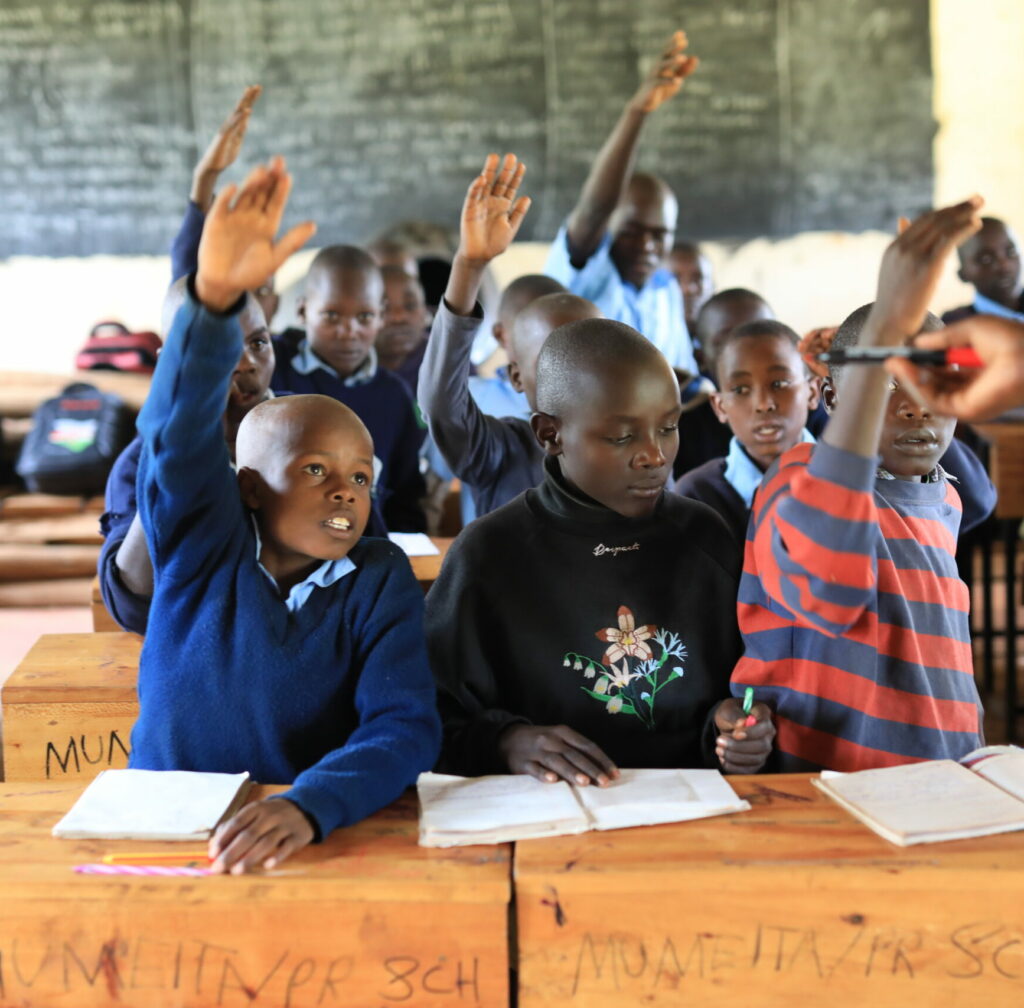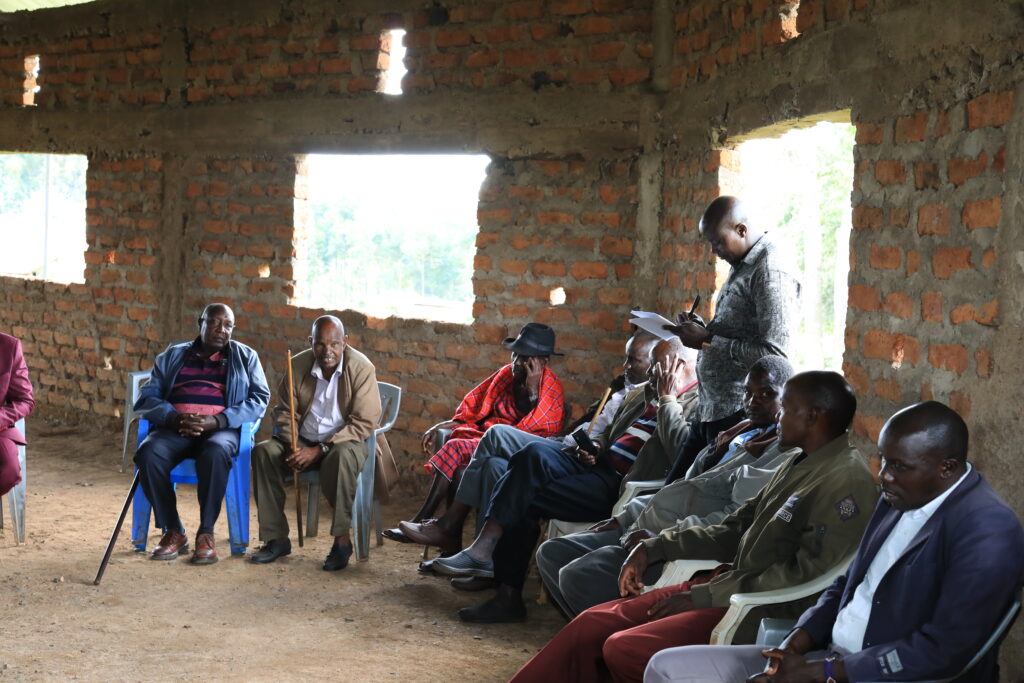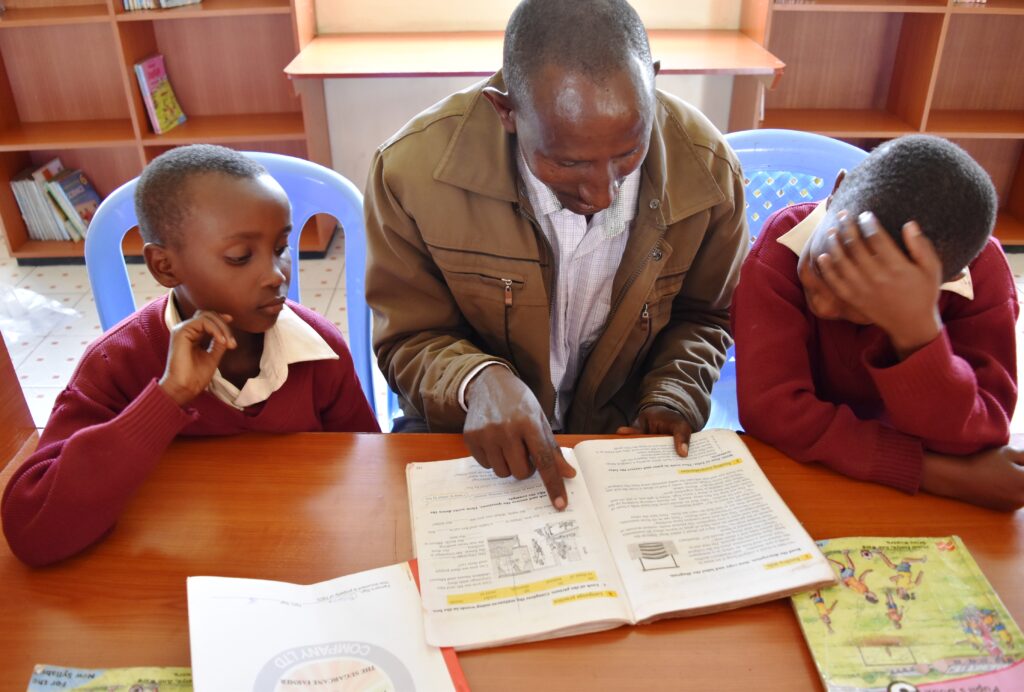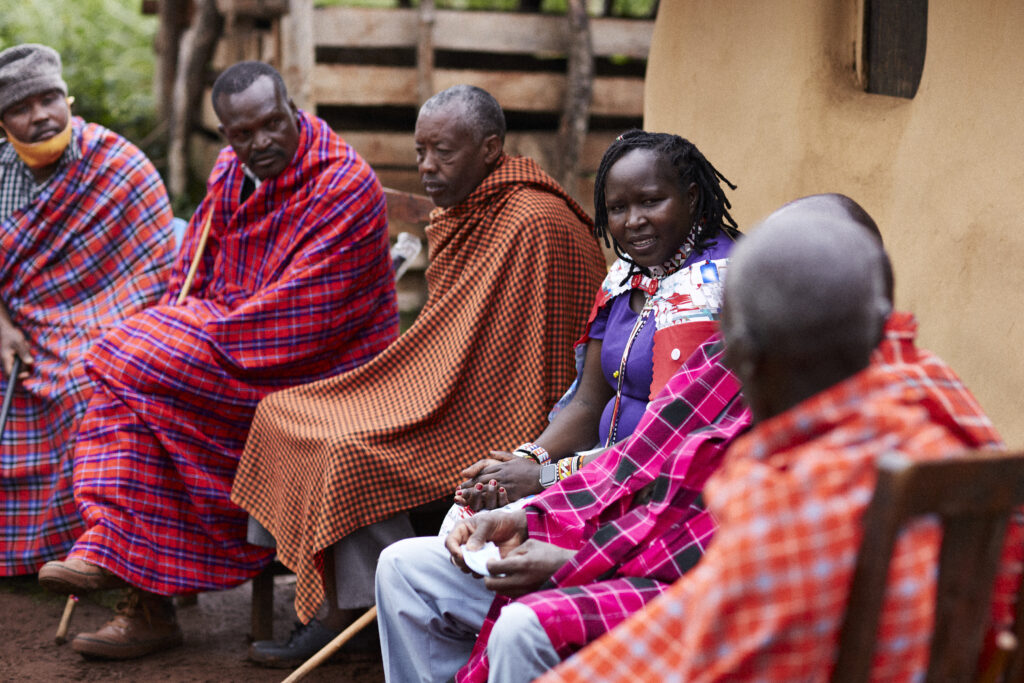What about the boys? We hear this question a lot, sometimes out of curiosity, other times out of concern. It’s a good question, and it has an important answer.
First, let’s talk about why we take a girl-centered approach to our programs at Kakenya’s Dream. Most societies around the world are patriarchal, meaning women and girls face systemic, gendered challenges that their male peers typically do not.* In our community, this includes harmful traditional practices like child marriage and female genital mutilation (FGM), severely limited access to education and economic resources, and gender-based violence. Boys in the communities we serve often receive preferential treatment, from larger portions at meals to fewer household chores and greater support for their studies.
These gendered challenges hold women and girls back and prevent them from contributing their utmost to society. When these barriers are removed, it’s been shown time and time again that the result—more empowered women and girls—is a catalyst for broad community transformations, including economic growth (learn more here).
For example, when girls are given access to education, not only are they less likely to marry early, undergo FGM, and become pregnant, they are also shown to invest in their communities at higher rates than men. Educated women are also less likely to live in poverty, and they statistically improve overall quality of life for their families and communities. The list of benefits goes on.**
We’ve seen this take place in front of our own eyes in the communities we serve in rural Kenya, forming the foundation of our model. Our approach is girl-centric, but it also improves the lives of everyone in the community: girls, their families, and yes, also the boys.
That said, boys and men are critical to the work we do. Here are just a few of the ways we’re reaching and supporting men and boys today.
Health and Leadership Training

Our Health and Leadership Training program, also known as the Jijue program (which means “know yourself” in Swahili), provides weekly after-school workshops to girls and boys in partner schools across the region. They teach students vital health and safety information that isn’t often taught or talked about in school, covering topics like child marriage, gender-based violence, and sexual and reproductive health. This helps boys understand some of the challenges their female peers face, including deep-rooted traditions like FGM and stigma around menstruation, empowering boys to become allies and advocate for change. The program also includes leadership, self-advocacy, and life-skills training, to ensure boys are equipped with valuable skills that will help them succeed throughout life. To date, we’ve educated nearly 25,000 youth in 162 schools across southwestern Kenya.
Linda Dada Campaign

Our Linda Dada campaign (which means “protect a sister” in Swahili) is a newer health initiative that we launched in response to the nationwide surge in unintended teen pregnancies that occurred during and in the wake of COVID-19 lockdowns. The campaign involves a range of community stakeholders, from government and religious leaders to fathers, mothers, and adolescent boys and girls. In addition to providing crucial information about sexual and reproductive health, the campaign also provides a platform for open discussion and problem-solving between men and women about the full scope of issues contributing to the rise in teen pregnancy. This accelerates behavioral change and builds community support for long-term, structural reform.
Fathers

Traditionally, fathers and daughters rarely interacted in our community. Girls would go through their mother to ask their father’s permission for things, and even that was rare. We’re changing that at our Kakenya Centers for Excellence (KCE I and II). We invite fathers to visit each month to check in on their daughter. What starts as a parent-teacher conference about her academic performance slowly blossoms into a supportive relationship as fathers and daughters get to know each other on a deeper level in an environment outside the confines of social traditions. One father went from vehemently opposing his daughter’s education at KCE I to proudly escorting her to her first day of high school just a few years later. Today, she is pursuing a master’s degree in ICT and cyber security in Sydney, Australia, and he couldn’t be prouder.
Community Leaders

Community engagement, in every facet of the work we do, is a key component of our model. In addition to collaborating with the village chief and other influential local and regional leaders, we also have a passionate community board made up of both men and women. The men are strong role models within the community and encourage other men to stand up for girls’ education and against harmful traditional practices. Our ultimate goal is self-sustained community transformation, which requires a broad shift in the traditional attitudes that create gendered disparities in the first place.
At Kakenya’s Dream, we have always believed that men and boys have a critical role to play in dismantling these attitudes, and we’re helping create allies that will lead others by example. Our community outreach, health, and education programs work in tandem to address both the symptoms and root causes of gender inequality – because a gender equal society benefits us all, men and boys included. Click here to learn more about our transformative work and programs.
